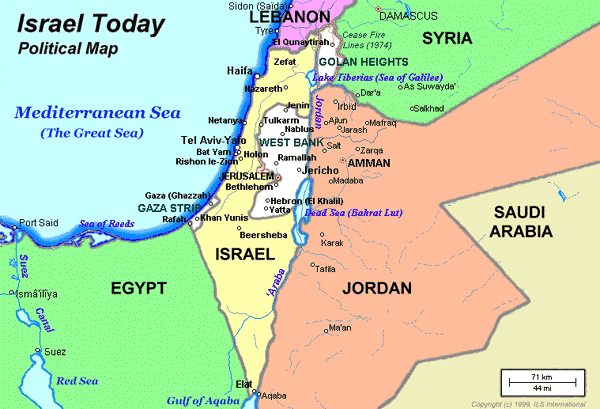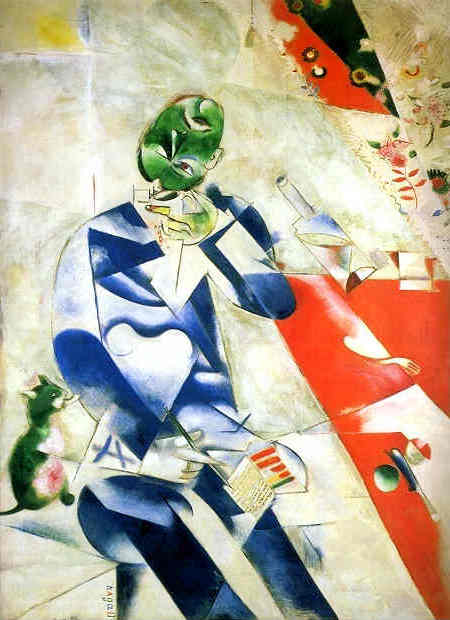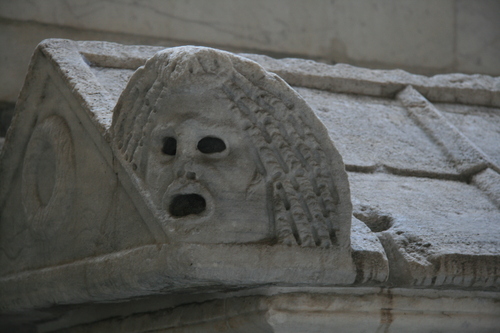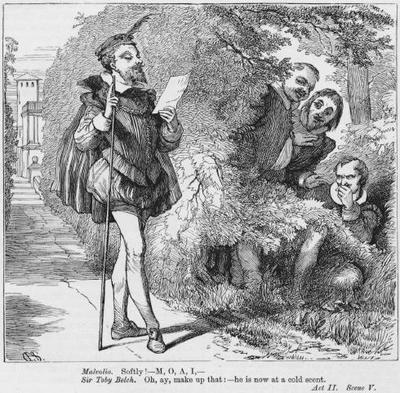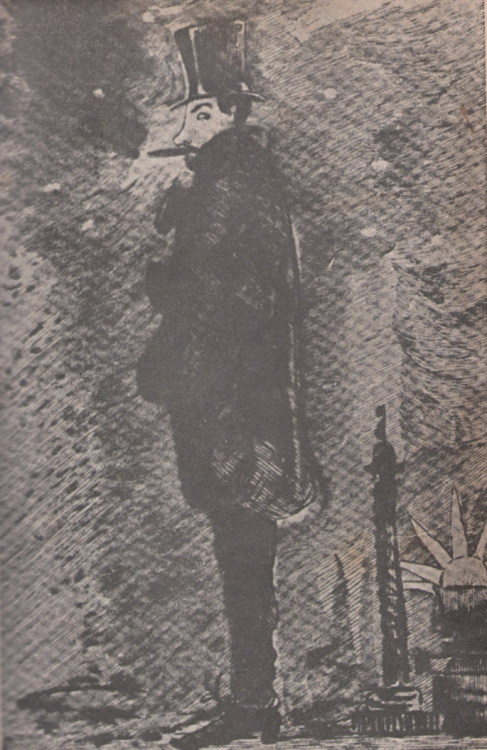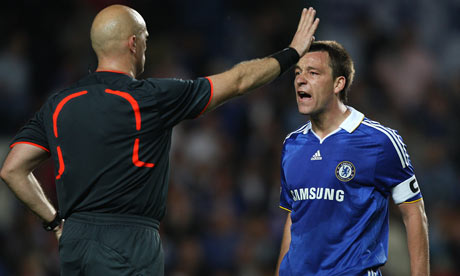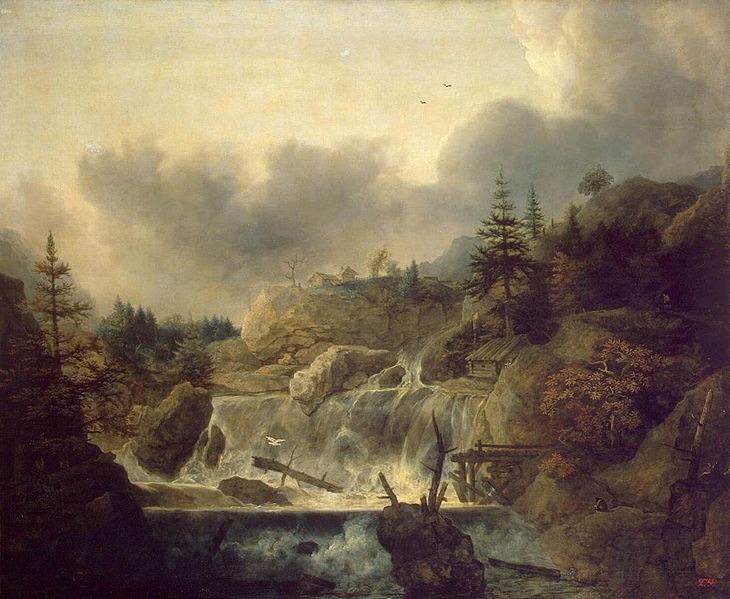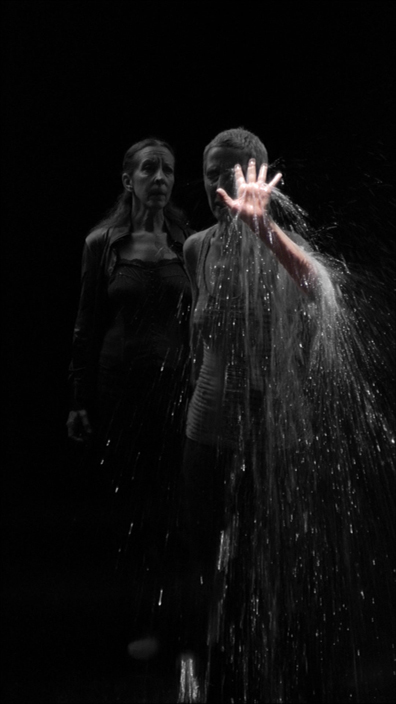The general idea seems to be that if you support Israel's right to exist in security, you must hate and be against Palestinians. That is not the case. There are organisations willing to work together - trade unions, cultural organisations, social organisations and parties that observe the humanity of both people. Humanity is found everywhere among both Israelis and Palestinians. The best hope is to support them.
I don't intend going back over the history of the conflict because whatever details are given on one side will immediately be rebutted by the other, and I can't see the point of going on for ever doing that.
In any case, it is not as if I had ever considered going to live in Israel. At one time I strongly felt that if the worst came to the worst I'd sooner go there and fight - and possibly die - for its existence and mine rather than undergo the humiliations heaped on what the non-Jewish world have sometimes called the 'passive' (for passive read cowardly) Jews of the 30s generation. I imagine that the more acerbic and unforgiving side of the Israeli mind-set is informed by the same feeling. Should Israel have been created there? I don't know. It is there now. It is there, within the 1948 borders, legally in UN terms. The rest is numbers, not arguments:
Exile
Roughly similar number of Middle Eastern Jews and Arabs left or were expelled from their previous dwelling places in the 1948 period (c 800,000 Palestinians, c 700,000 Jews from Arab homelands).
Recognition of Israel
Currently the following countries in the region do not recognise Israel: Iran, Iraq, Saudi Arabia, Syria, Libya, Lebanon, UAE, Yemen, Oman, and Qatar, which leaves only Egypt and Jordan that do. Egypt didn't before the agreement with Sadat and we don't know what the new Egypt will do. Jordan has only unwillingly recognised Israel since the 1967 war.
Population
In terms of population the countries not recognising Israel total c 248 million. The population of Israel is 8 million of whom c. 6 million are Jewish. The world population of Jews being estimated at c. 13.2 million, that's about half the world's population. Everywhere else Jews are in tiny minorities. It is worth mentioning that, by a happy coincidence, 6 million is supposed to be the number of Jews murdered in the Holocaust. (That includes some 6-8 members of my own family, people I might have known had they survived)
Land Area
In terms of land area, the countries not recognising Israel total 7.13 million sq km. Israel (including the Golan Heights and East Jerusalem) total 0.02 million sq km. If you include the current occupied territories (the West Bank and the Gaza Strip) that then adds up to 0.026 million sq km.
Geography: the crude political map
You will see that 1948 Israel - without the West Bank (in white above) - has a long, slender, exposed neck. The distance from Netanya on the Mediterranean coast, to Tulkarm on the West Bank is 12.2 miles. Very difficult to defend. The Golan Heights (in white) are strategically important and were so in 1967. It may not be surprising that Israel finds it hard to yield the West Bank to potentially hostile forces (and seeing which countries do not recognise Israel most of them are hostile.) For Israel a more secure territory would be bordered by the Jordan river on the other side of the West Bank.
*
What this is not
This is not an argument for Israel retaining the West Bank, it is only a reason it might want to. As shown above, Israel is vastly outnumbered numerically and the lands around it are huge compared to it in size. Refugees could have been absorbed decades ago, since 1948. They have been in other parts of the world. But to absorb the refugees would have been to recognise Israel.
This is not an argument for Israel to behave as it wishes, to oppress or exploit the non-Jewish population anywhere within its sphere of power.
This is not an argument that some people have lesser rights than others.
This is certainly not an argument that Israel should have been founded where it currently is. It is only a to state the fact that it is there.
It is certainly true that surrounding Arab countries regard the foundation of Israel in 1948 as a disaster and an injustice.
*
Balancing injustices is impossible. Most of the world is not as it was fifty years ago, hundred years ago, two-hundred years ago and so on back, to include all the major conquests, wanderings, and diasporas.
That is not an argument against addressing injustice. We are obliged to make the best possible justice given the circumstances. European emigrés will not be returning from the US or Australia. There will be pockets of populations everywhere dispersed among larger and later incursions that will notwithdraw like a tide to allow them to join up with those that previousy constituted a majority. Central Europe is full of these.
I have no great belief in the eternal virtues of the nation-state. I prize peace and the best possible justice above the satisfaction of historical 'honour'.
Nothing I have said above excuses ill-treatment, violence, oppression. It's just that I don't see Israel as being solely culpable of such crimes. We know plenty of other countries that have and continue to mistreat others. We ourselves might be among them. So might the countries near Israel. They do not excuse Israel: Israel doesn't excuse them.
Now I have said enough about Israel. I want to get on to the title of these posts: the questions of milieu and refuge,


